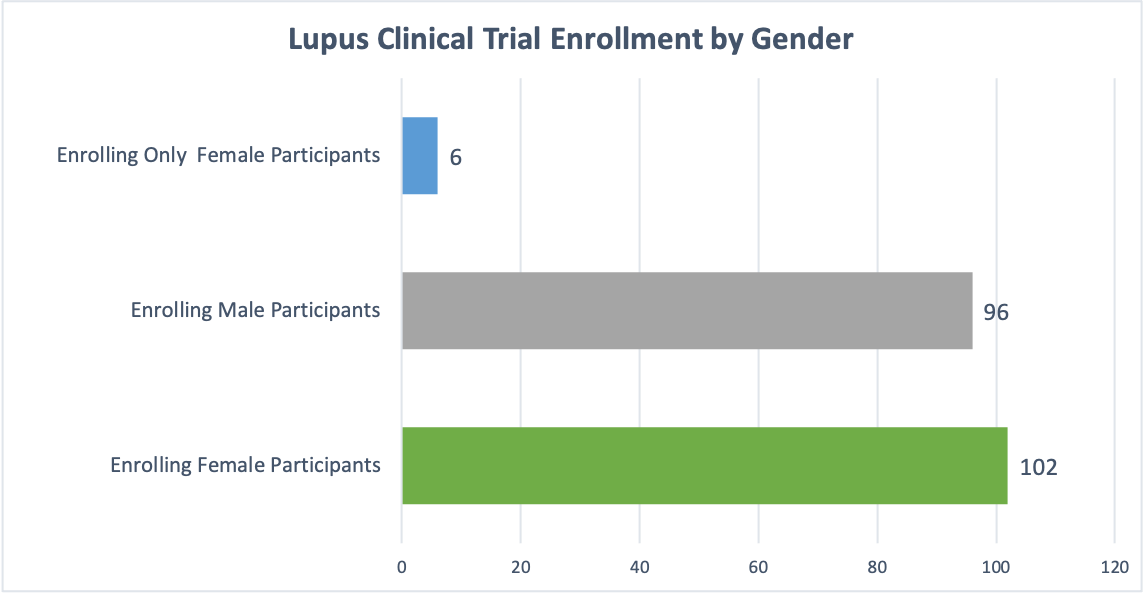What Every Woman Should Know
Pregnancy is an exciting and life-changing journey, but for women with lupus, it can also bring unique challenges and concerns. Lupus, an autoimmune disease, primarily affects women of childbearing age, making it crucial to understand how lupus can influence pregnancy. This blog post addresses some of the most commonly asked questions by women with lupus and provides guidance on navigating lupus and pregnancy safely.

What is Lupus, and What Causes It?
Lupus is a chronic autoimmune disease where the immune system, which typically protects the body from infections, mistakenly attacks healthy tissues. This can cause inflammation and damage to various parts of the body, including the skin, joints, kidneys, heart, and brain. While the exact cause of lupus remains unknown, it's believed that a combination of genetic, environmental, and hormonal factors may trigger lupus.
Women are more likely to develop lupus than men, and it often presents during their reproductive years. Symptoms of lupus can vary widely, but common signs of lupus in women include fatigue, joint pain, skin rashes, and fever. Recognizing these lupus symptoms early is crucial for managing the disease and planning for a healthy pregnancy.
Can Lupus Affect Pregnancy?
Yes, lupus can affect pregnancy, but with proper planning and care, many women with lupus can have healthy pregnancies. It's important to understand the potential risks and work closely with your healthcare provider to manage lupus effectively during pregnancy.
Lupus symptoms can fluctuate during pregnancy. Some women may experience a flare-up of lupus symptoms, while others may see an improvement. Symptoms of lupus in pregnancy can include increased fatigue, joint pain, and skin rashes. It's essential to monitor these lupus symptoms closely and communicate with your healthcare provider to adjust treatment plans as needed.
What Are the Risks Associated with Lupus and Pregnancy?
Women with lupus are at a higher risk of certain complications during pregnancy, including:
- Preeclampsia: This condition, characterized by high blood pressure and protein in the urine, can be more common in women with lupus.
- Pregnancy loss: Unfortunately, lupus can increase the risk of miscarriage or stillbirth. Lupus anticoagulant, a type of antibody found in some women with lupus, is associated with an increased risk of pregnancy loss.
- Preterm birth: Babies born to mothers with lupus are more likely to be born prematurely, which can lead to additional health challenges for the newborn.
- Lupus flares: Pregnancy can trigger lupus flares, where symptoms worsen. These flares can affect the mother's health and the pregnancy outcome, so close monitoring is essential.
Lupus and Pregnancy: What Should You Know About Planning?
If you have lupus and are considering pregnancy, planning is crucial. Here are some steps to consider:
- Pre-pregnancy counseling: Before becoming pregnant, meet with your healthcare provider to discuss your lupus and how it might impact your pregnancy. This is also a good time to review your current medications to ensure they are safe for pregnancy.
- Stable lupus: Ideally, lupus should be stable and well-controlled for at least six months before attempting to conceive. This can reduce the risk of complications during pregnancy.
- Regular monitoring: During pregnancy, you will need more frequent check-ups to monitor both your health and the baby's development. This may include ultrasounds, blood tests, and monitoring for lupus symptoms.
- Medication management: Some medications for lupus are safe to take during pregnancy, while others are not. Your healthcare provider will work with you to adjust your treatment plan as needed to ensure the best outcomes for you and your baby.
- Awareness of lupus anticoagulant: If you have lupus anticoagulant, your healthcare provider may recommend blood thinners during pregnancy to reduce the risk of blood clots and pregnancy loss.
What Happens After Pregnancy?
After delivery, it's important to continue monitoring your lupus symptoms closely. Some women may experience a flare-up of lupus symptoms after pregnancy, so maintaining regular follow-up appointments with your healthcare provider is essential. This period can be particularly challenging as you adjust to new motherhood, but with the right support and care, you can manage both your lupus and your new role as a parent.
Can Pregnancy Cause Lupus?
In rare cases, women may be diagnosed with lupus after pregnancy. This can occur when the immune system is triggered by the hormonal changes that happen during and after pregnancy. If you notice symptoms of lupus after pregnancy, such as joint pain, fatigue, or skin rashes, it's important to seek medical advice for proper diagnosis and treatment.
Final Thoughts
Pregnancy with lupus requires careful planning and management, but it is possible to have a healthy pregnancy and baby. The key is to work closely with your healthcare team, monitor your lupus symptoms, and stay informed about the risks and how to manage them. By doing so, you can navigate your pregnancy journey with confidence and peace of mind.
References:
- American College of Rheumatology. "Lupus and Pregnancy" Rheumatology.org
- Lupus Foundation of America. "Planning a Family When You Have Lupus." Lupus.org
- Mayo Clinic. "Lupus: Causes, Symptoms, and Treatment." Mayo Clinic Website
- National Institute of Arthritis and Musculoskeletal and Skin Diseases. "Pregnancy and Autoimmune Diseases." NIAMS.nih.gov